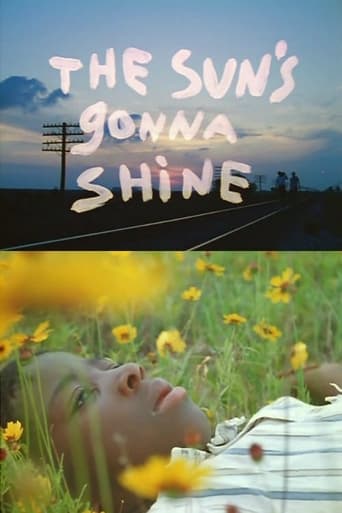
02 Jan 1969

The Sun's Gonna Shine
A lyrical recreation of Lightnin’ Hopkins’ decision at age eight to stop chopping cotton and start singing for a living. Preserved by the Academy Film Archive in 2013.
United Nations, 1947 - In this film one crippled child learns to walk: first to move, then to stand, and finally to take his first steps. The film deals with modern techniques of physiotherapy, and the need to develop the whole child - his emotions and his mind as well as his muscles - is stressed. Skilled adult workers offer not only massage and therapy, but also love and understanding, and occupational therapy for children and takes the form of both play and work. Movements learned become part of the daily jobs of feeding and dressing. Early attempts to walk are made with the help of apparatus. Finally the initially hesitant steps on his own are taken. As the film ends the boy walks. Preserved by the Academy Film Archive in 2005.
Narrator

02 Jan 1969

A lyrical recreation of Lightnin’ Hopkins’ decision at age eight to stop chopping cotton and start singing for a living. Preserved by the Academy Film Archive in 2013.
16 Mar 1944
Two young women, frustrated by war rationing, have a dream illustrating the likely results on prices in America should the measure were prematurely lifted. Preserved by the Academy Film Archive in 2008.
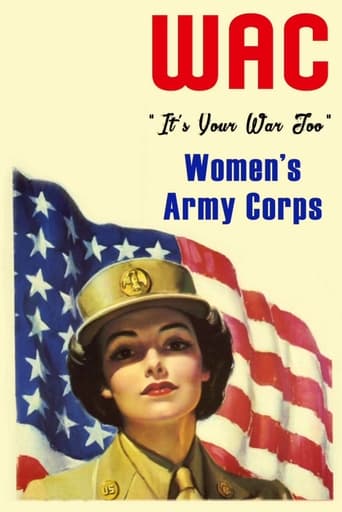
20 Apr 1944

Documentary short film detailing the history of the American Women's Army Corps, the WACS. Preserved by the Academy Film Archive, Academy War Film Collection, in 2009.
23 Mar 1950
The film explains the French Revolution of 1848. Bernard Blier's narration is supported by pictures once drawn by contemporary artists including Honoré Daumier. Preserved by the Academy Film Archive in 2010.
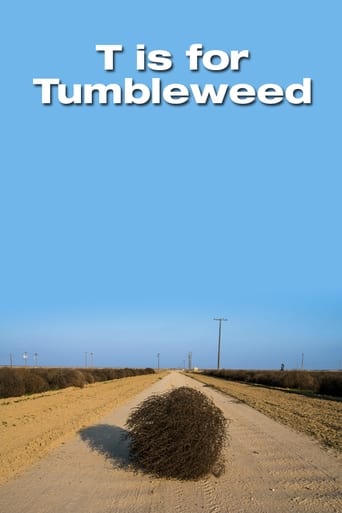
11 Nov 1958

T Is for Tumbleweed is a 1958 English-language short film directed by Louis Clyde Stoumen, starring Anne Lockhart. It features some tumbleweed that moves through a small town in the desert and interacts with people and animals. Preserved by the Academy Film Archive in 2013.
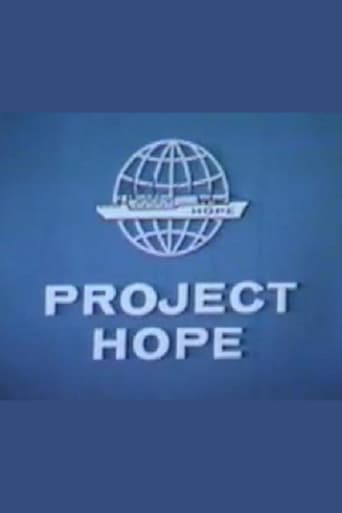
01 Jan 1961

Documenting the maiden voyage of the SS Hope, a hospital ship operated by Project HOPE, where it brought medical care to Indonesia and South Vietnam in 1960-1961.
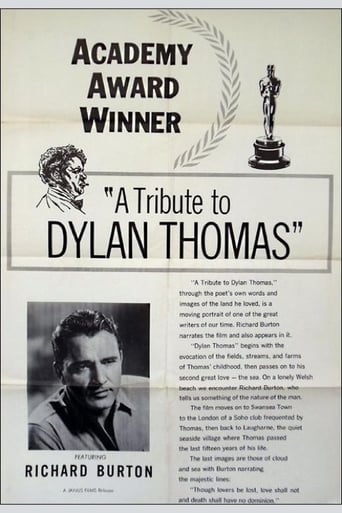
01 Jan 1961

An atmospheric tribute to the genius of Welsh poet and dramatist Dylan Thomas, using many of the windswept locations where Thomas himself grew up and found his inspiration. The film is hosted/presented by Richard Burton, Thomas's friend, who narrates the story and appears from time to time amidst the Welsh landscape. Burton had already appeared in Douglas Cleverdon's acclaimed BBC radio dramatization of Thomas's 'play for voices' Under Milk Wood in the 1950s and, in the early Seventies, would appear in director Andrew Sinclair's film version as First Voice. Preserved by the Academy Film Archive in partnership with The Film Foundation and National Screen and Sound Archive of Wales in 2000.
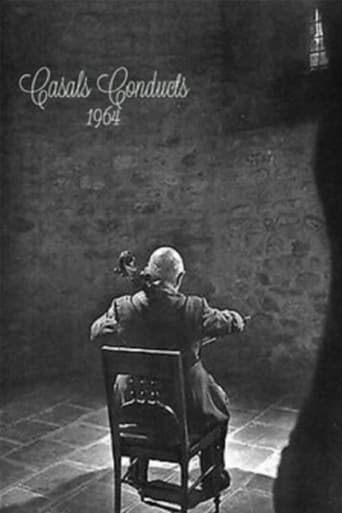
01 Jan 1964

While at his workshop in Puerto Rico, Pablo Casals prepares to conduct a Bach suite for a concert performance. Oscar Winner for the category "Best Short Subject, Live Action Subjects". Preserved by the Academy Film Archive in 2013.
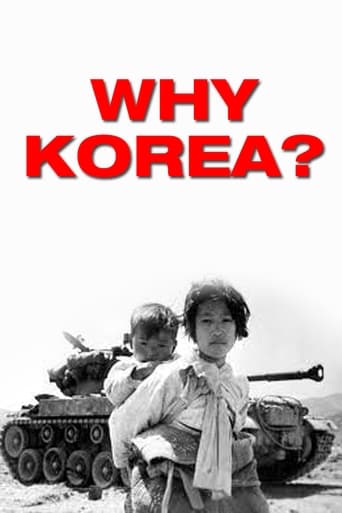
31 Dec 1950

This film examines the reasons why the United States decided to engage in the Korean War. Scenes describe Russia's attempt to gain power following World War II (Korea included), and its refusal to allow free elections in the country. Footage shows Soviet-backed North Korean troops' movement into South Korea on June 25, 1950, the United Nations' response, and the armed struggle against both North Korean and later Chinese troops led by General Douglas MacArthur. Preserved by the Academy Film Archive in partnership with Twentieth Century Fox Film Corporation in 2005.
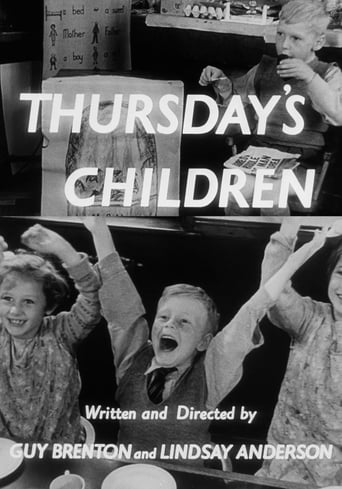
01 May 1954

Won the Academy Award for the Best Documentary Short of 1954. The subject deals with the children at The Royal School for the Deaf in Margate, Kent. The hearing-handicapped children are shown painstakingly learning what words are through exercises and games, practicing lip-reading and finally speech. Richard Burton's calm and sometimes-poetic narration adds to the heartwarming cheerfulness and courage of the children. Preserved by the Academy Film Archive in partnership with British Film Institute in 2005.
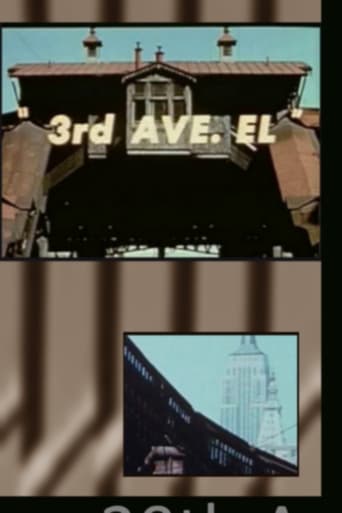
01 Jan 1955

Impressionistic picture of the Third Avenue Elevated Railway in Manhattan, New York City, before it was demolished. Preserved by the Academy Film Archive in 2010.
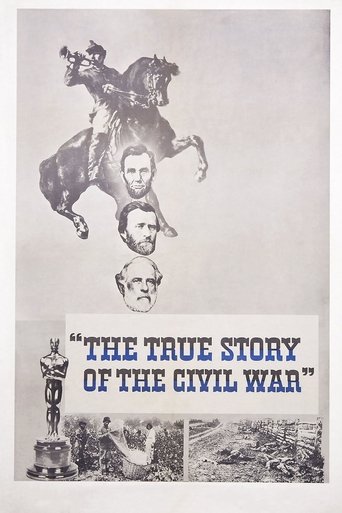
22 Dec 1956

Documentary short about the American Civil War. Preserved by the Academy Film Archive in 2005.
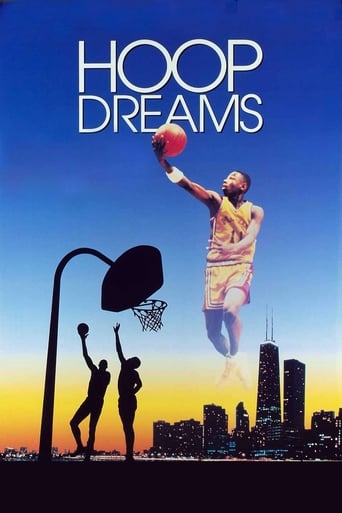
12 Sep 1994

Every school day, African-American teenagers William Gates and Arthur Agee travel 90 minutes each way from inner-city Chicago to St. Joseph High School in Westchester, Illinois, a predominately white suburban school well-known for the excellence of its basketball program. Gates and Agee dream of NBA stardom, and with the support of their close-knit families, they battle the social and physical obstacles that stand in their way. This acclaimed documentary was shot over the course of five years.
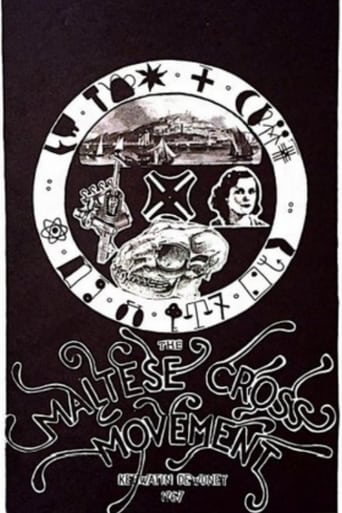
01 Jan 1967

The film reflects Dewdney's conviction that the projector, not the camera, is the filmmaker's true medium. The form and content of the film are shown to derive directly from the mechanical operation of the projector - specifically the maltese cross movement's animation of the disk and the cross illustrates graphically (pun intended) the projector's essential parts and movements. It also alludes to a dialectic of continuous-discontinuous movements that pervades the apparatus, from its central mechanical operation to the spectator's perception of the film's images... (His) soundtrack demonstrates that what we hear is also built out of continuous-discontinuous 'sub-sets.' Preserved by the Academy Film Archive in 2009.
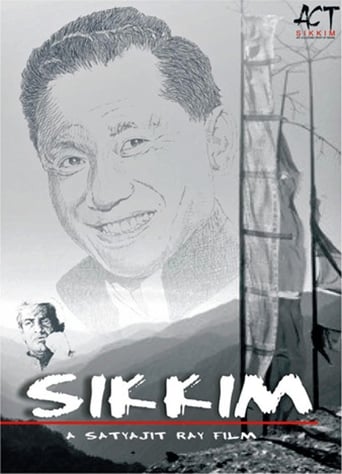
01 Apr 1971

Satyajit Ray's poetic documentary was commissioned by the Chogyal (King) of Sikkim at a time when he felt the sovereignty of Sikkim was under threat from both China and India. Ray's documentary is about the sovereignty of Sikkim. The film was banned by the government of India when Sikkim merged with India in 1975. The ban was finally lifted by the Ministry of External Affairs in September 2010. Preserved by the Academy Film Archive in 2007.
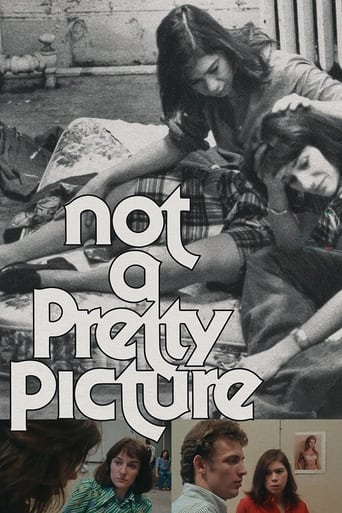
03 Jan 1976

Mixing narrative and documentary, the film retells a 16 year old girl's experience of a date rape.
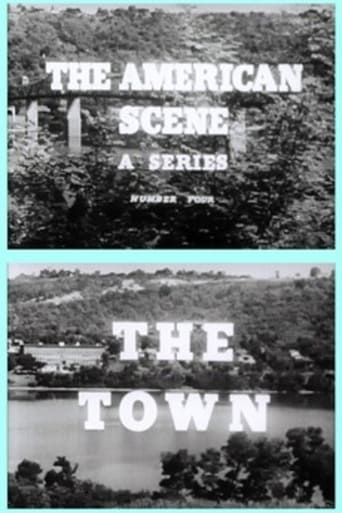
01 Jan 1944

The Town was a short propaganda film produced by the Office of War Information in 1945. It presents an idealized vision of American life, shown in microcosm by Madison, Indiana. It was created primarily for exhibition abroad, to provide international audiences a more well-rounded view of America, and was therefore produced in more than 20 translations. Preserved by the Academy Film Archive in 2012.
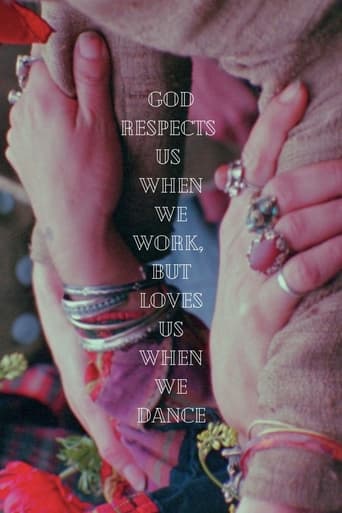
01 Oct 1968

Les Blank's poetic documentation of 1967's Los Angeles Easter Sunday Love-In. Preserved by the Academy Film Archive in 2002.
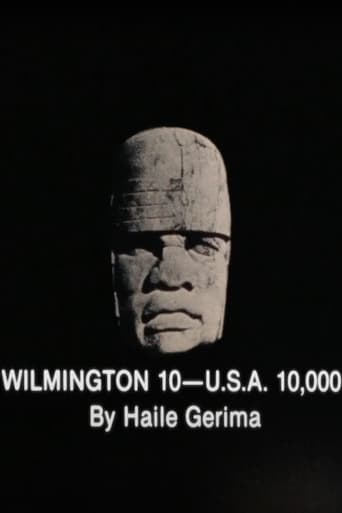
01 Jan 1979

A documentary on the Wilmington 10, 9 afro-Americans and 1 white woman who were unjustly imprisoned. 4K digital restoration by the Academy Film Archive released in 2021.
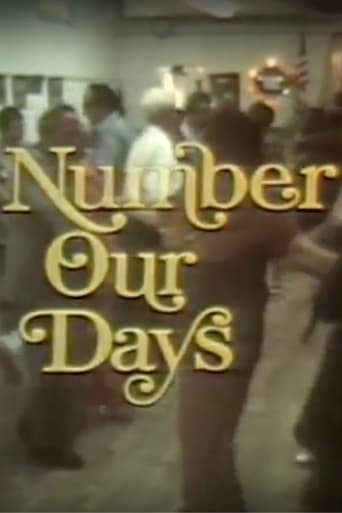
01 Jan 1976

Based on the book by anthropologist Barbara Myerhoff, this Academy Award-winning short documentary offers a tender portrait of a community of elderly yet resilient Jews living, loving, and at times struggling, in Venice, California. From everyday trials to traditional celebrations, this compassionate portrayal of Eastern European survivors cuts straight to the heart of every viewer and reminds us of the joys and realities of long life. Preserved by the Academy Film Archive in 2007.